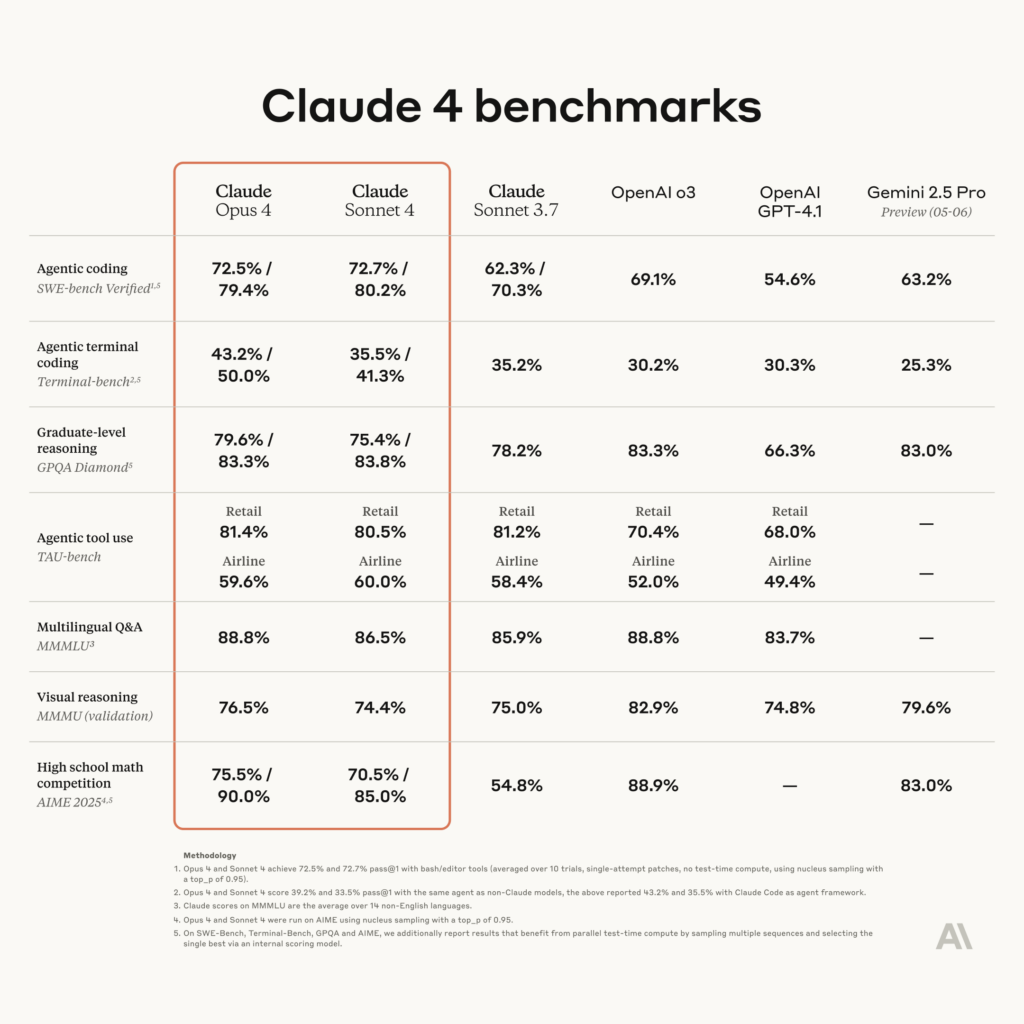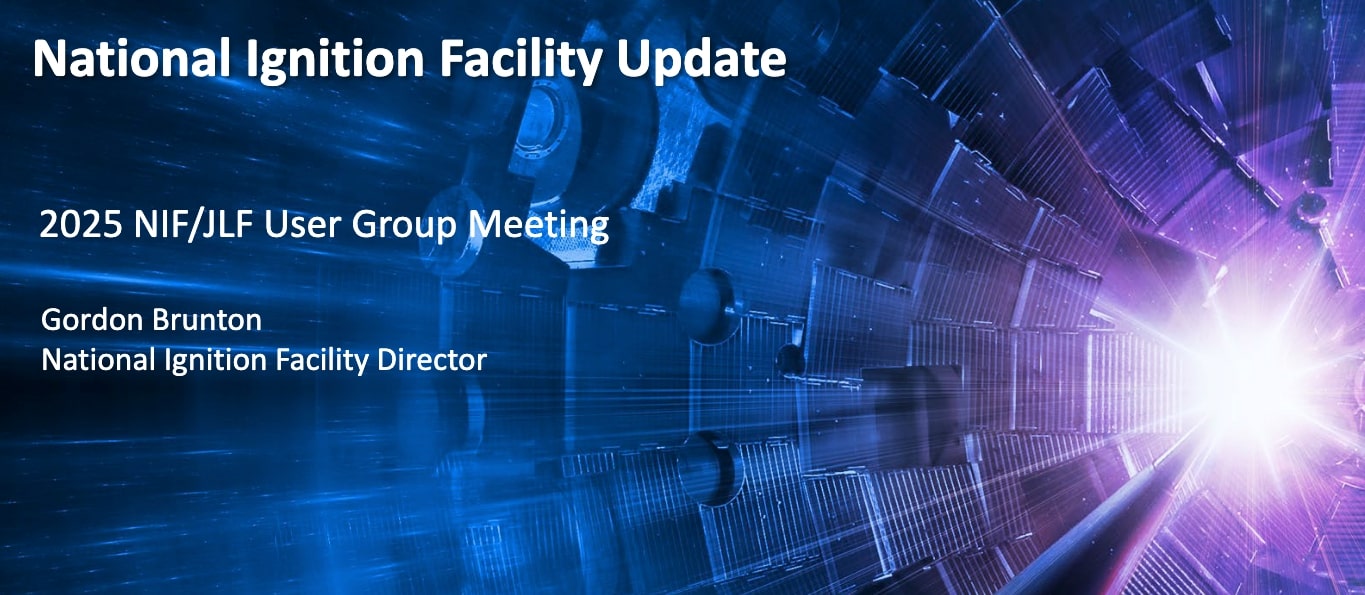Now Reading: Anthropic Unveils Claude 4: Advanced Agentic Coding Tools Sonnet and Opus
-
01
Anthropic Unveils Claude 4: Advanced Agentic Coding Tools Sonnet and Opus
Anthropic Unveils Claude 4: Advanced Agentic Coding Tools Sonnet and Opus

Speedy Summary
- Anthropic has released new AI models: Claude 4 Sonnet and Claude 4 opus, marking important advancements in coding technology.
- Claude 4 is designed to ask clarifying questions before coding,enhancing understanding and output quality.
- Agentic coding performance is now at 80% accuracy compared to competitors’ range of 64%-69%.
- Agentic terminal coding shows a substantial advancement at a 50% success rate versus competitors’ average of 30%.
- A second-year AI university student reported that Claude 4 solved problems previously unsolvable by Gemini 2.5 Pro or its predecessor (Claude 3.7) and autonomously refined solutions based on input refinements.
- Testers indicated Claude Opus could code autonomously for up to seven hours with stability and high reliability.
- Performance highlights include refactoring an entire codebase (50,000 lines) from Vite/React to Turbopack/Next.js within an hour with minimal intervention.
- Early adopters praised the models’ capability to deliver advanced solutions such as creating complex animations (e.g., illustrating black hole mechanics) or building applications like Tetris in one shot.
Link: Read More
Indian Opinion Analysis
Anthropic’s launch of Claude Sonnet and Opus heralds a leap forward in AI-supported software engineering, which could have implications for India’s thriving tech industry. As global IT hubs transition rapidly toward automation, Indian developers might find these tools critical for staying competitive in delivering complex projects faster and more efficiently. With agentic coding accuracy surpassing previous benchmarks, engineers can focus energy on higher-level design rather than repetitive tasks.
For India’s educational sector specializing in STEM disciplines, integrating such advanced systems into curricula may prepare students better for the evolving market demands where autonomous computing will increasingly play a role.However, widespread adoption also requires infrastructure readiness-hurdles such as bandwidth limitations or access restrictions need addressing if smaller firms and academic institutions seek full-scale implementation.
As India maintains its strong foothold as a global outsourcing powerhouse in IT services, mastery over tools like Claude could bolster productivity while hastening innovation cycles across industries ranging from healthcare technology to smart cities growth.
While these promises align well with India’s digital ambitions under initiatives like Digital India or Make In India campaigns aimed at advancing national competence technologies-the ethical considerations behind autonomous systems replacing human roles merit close monitoring by policymakers as adoption grows.
























